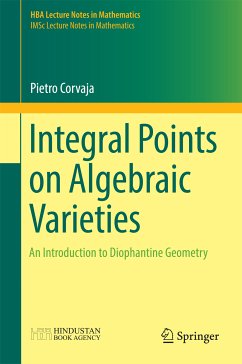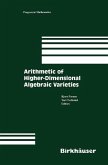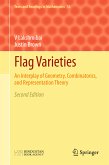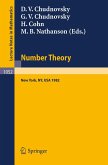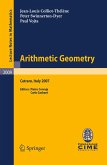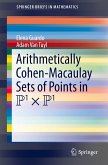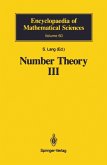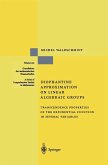This book is intended to be an introduction to Diophantine geometry. The central theme of the book is to investigate the distribution of integral points on algebraic varieties. This text rapidly introduces problems in Diophantine geometry, especially those involving integral points, assuming a geometrical perspective. It presents recent results not available in textbooks and also new viewpoints on classical material. In some instances, proofs have been replaced by a detailed analysis of particular cases, referring to the quoted papers for complete proofs. A central role is played by Siegel's finiteness theorem for integral points on curves. The book ends with the analysis of integral points on surfaces.
Dieser Download kann aus rechtlichen Gründen nur mit Rechnungsadresse in A, B, BG, CY, CZ, D, DK, EW, E, FIN, F, GR, HR, H, IRL, I, LT, L, LR, M, NL, PL, P, R, S, SLO, SK ausgeliefert werden.

